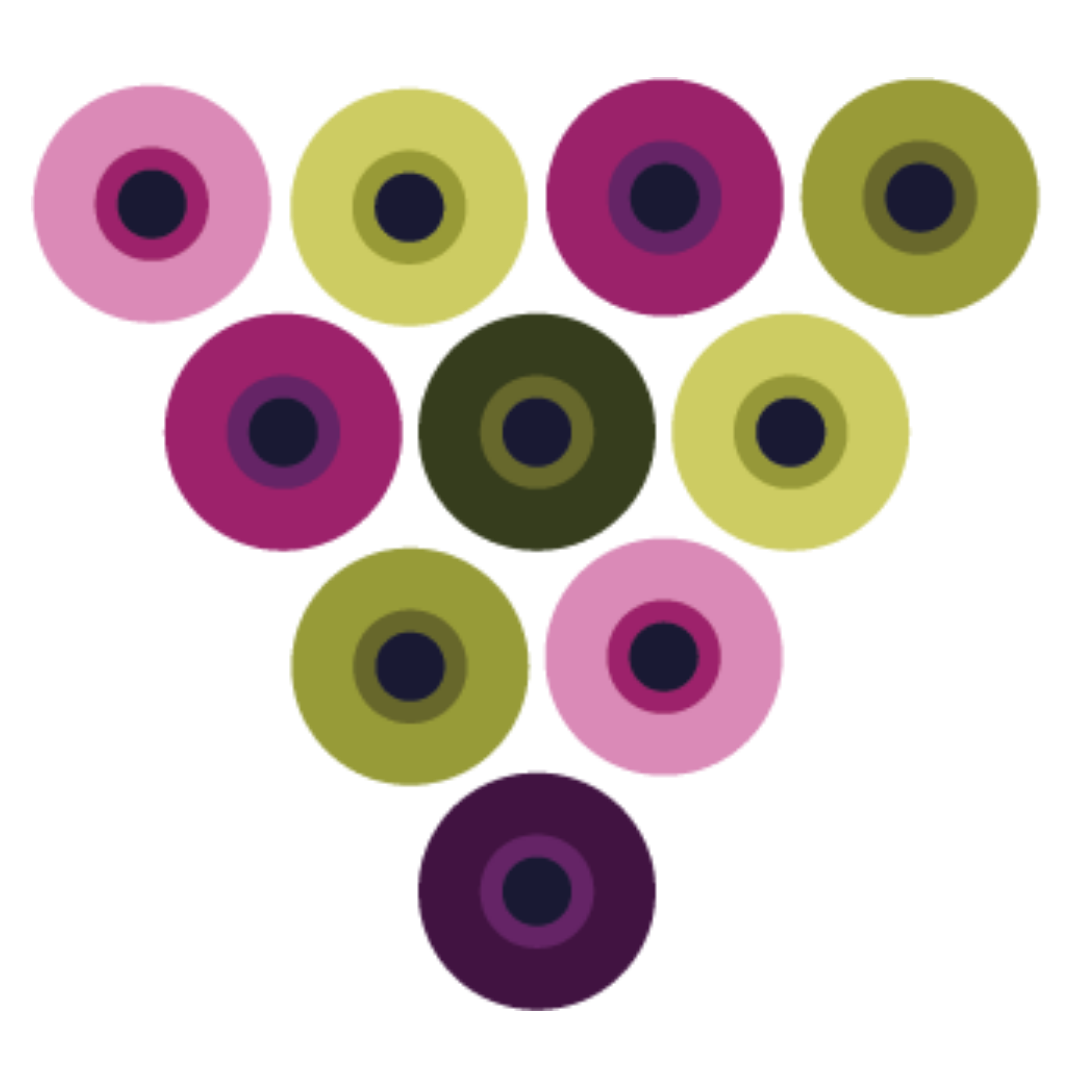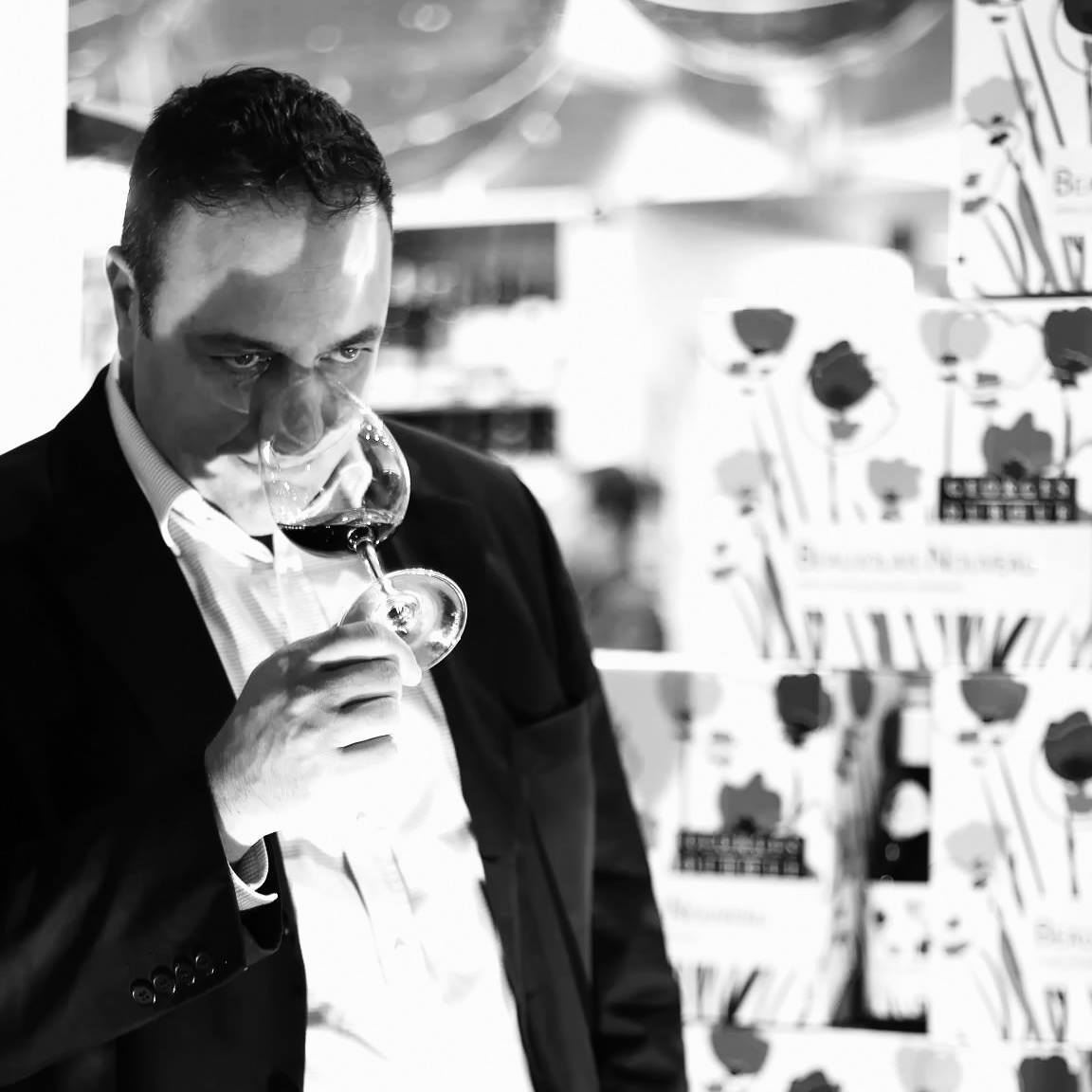Acidity: If the wine comes from a variety or oenological technique that gives a sour effect, then the chances are in our favor. Assyrtiko, Robola, Xinomavro from the indigenous and of course the great Riesling, Nebbiolo, Sangiovese and some Chardonnay are just a few varieties with top acid levels (wine with low pH) that have been proven to give wonderful aging wines.
Tannins: Or, to clarify, those ingredients that give red wines their astringent feeling. Without going into tedious details, if we have a lot in number and well-integrated tannins, we have time on our side. Oh, let me not forget! Some Assyrtikos, mainly from Santorini, have plenty of tannins.
Sugars: They are a great preservative. It is no coincidence that the great sweet wines of the world, such as Sauternes, Tokaj and Port, but also our own Muscat or Mavrodaphne, age easily for decades.
Last but certainly not least: Fruit, fruit, fruit! Yes, the aromatic and taste concentration, the result of fine work in the vineyard, with low acreage yields, but also the hand of the oenologist, will give large doses of taste intensity, which will make the wine withstand when time inevitably shortens them. If the fruit is missing, the coveted balance on the palate will be lost immediately.
Here comes the closure issue: Most wines intended by the producers's vision for aging usually have natural cork. This old friend, being a "living" organism, breathes in the long run, allowing a minimum of oxygen to pass through the bottle and thus giving it extra features and complexity. Up to a point of course, because if this process is greater than ideal, our wine will oxidize and the game will be lost. An old saying is "There are no great wines, but great bottles", meaning of course the cork of a bottle.
For the same reasons, keep in mind the larger bottles. Magnum of 1.5 liters or larger, have been proven to perform better in their valuable content in extended periods of aging, as they contain more wine for about the same volume of cork.
On the other hand, if you find a wine with a screw cap, invest without fear. Australians who have overwhelmingly adopted it for twenty years know something more.
But how do we maintain the collectible bottles that we have chosen, according to the above, to forget them?

You need to invest but the result will be worth many times the initial cost.
Initially we want coolness, a lot of coolness, ideally somewhere in the 13 degrees, but a little higher would not hurt. Likewise the humidity of the room, which should be as high as possible, somewhere between 60% to 80%. The room needs to be quiet (yes, they hear and are also sensitive to some noises) without vibrations and smells.
Correct! There is no such place in our house and it takes money to build it. The alternative is a specialized wine preserver, in which, if you invest, make sure you get the most out of your budget - and I would suggest it be monozone in temperature. If not, you are guaranteed to regret it.
If you do not proceed with this solution, let Greece and Grapes suggest some old vintages, directly from the cellars of the producers.
See you at the wine events that are finally open to the public!

Resume
Having a successful sales career, he entered into the wine world initially as a wine lover, continuously tasting and travelling in the wine regions of Europe, while actively communicating Greek wine through his blog. Certified as WSET Diploma, excelling with two scholarships (best overall performance, and best blind tasting skills in academic years 2016 and 2017). He has been wine consultant at a leading importing company, along with his responsibilities of strategy and communication of Greek wineries.





